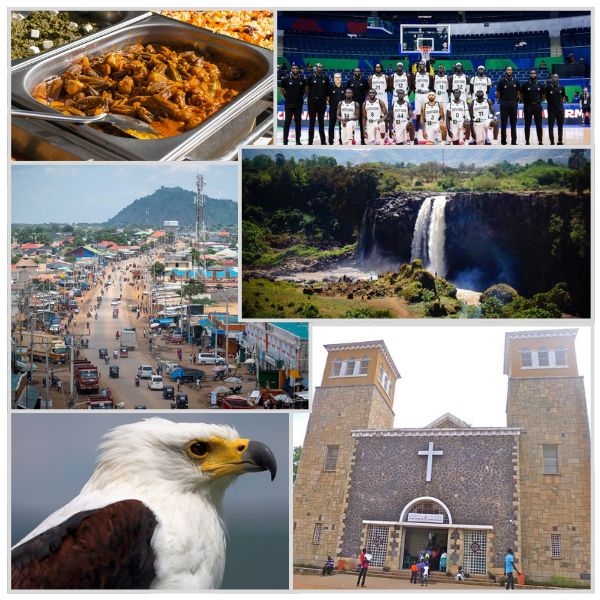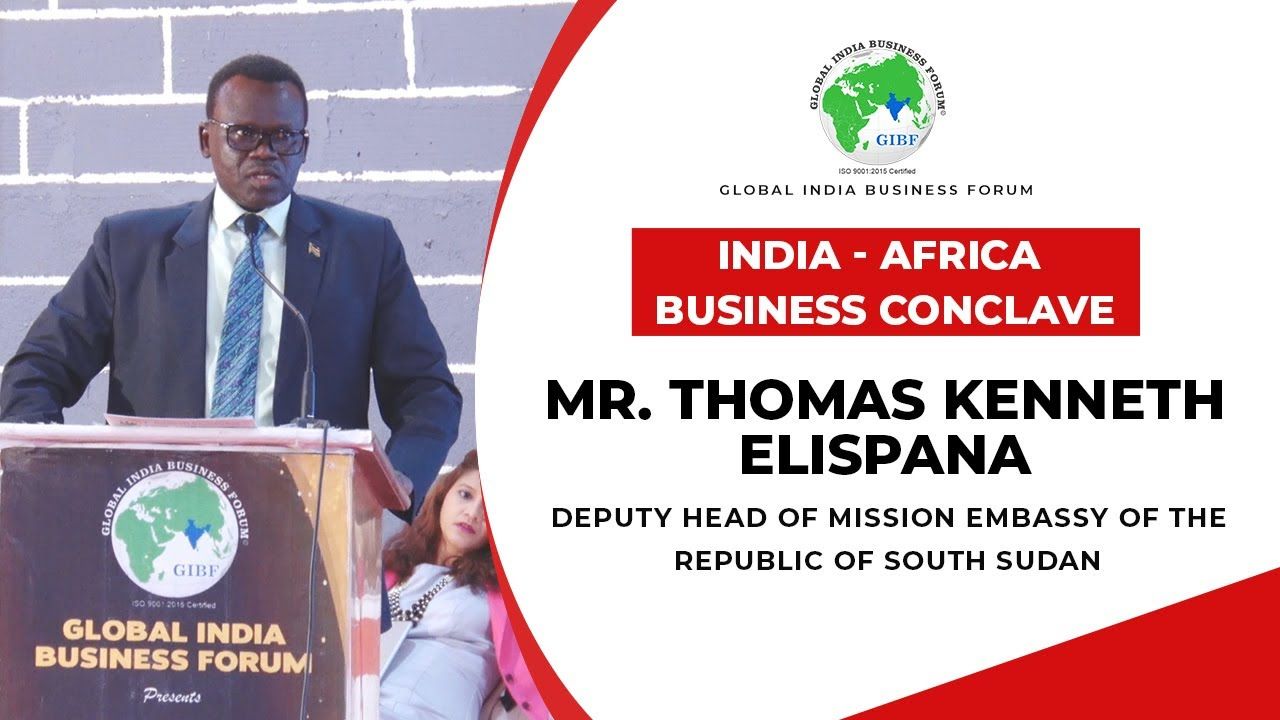
India South Sudan Business and Cultural Council

About South Sudan
South Sudan, the world’s youngest nation, gained independence from Sudan on July 9, 2011. It is
located in East-Central Africa and shares borders with Sudan, Ethiopia, Kenya, Uganda, the
Democratic Republic of the Congo, and the Central African Republic. The country’s capital is Juba.
South Sudan has a diverse population composed of numerous ethnic groups, with the Dinka and Nuer
being the largest.
The nation is rich in natural resources, particularly oil, which is the primary driver of its
economy. However, South Sudan has faced significant challenges since its independence, including
political instability, civil conflict, and economic hardships. The civil war that erupted in
December 2013 between forces loyal to President Salva Kiir and those aligned with former Vice
President Riek Machar resulted in severe humanitarian crises, displacing millions and causing
widespread suffering.
Despite peace agreements and international mediation, lasting stability remains elusive. The country
also grapples with underdeveloped infrastructure, poverty, and limited access to basic services like
healthcare and education. Agricultural potential exists, but is underutilized due to ongoing
conflicts and instability.
South Sudan’s cultural heritage is rich, with traditional music, dance, and art playing significant
roles in society. Moving forward, the nation’s path to peace and development hinges on sustainable
governance, inclusive political processes, and comprehensive economic reforms.
Objectives

Business Council
To promote bilateral trade between India and South Sudan To boost businesses of all the sectors, particularly MSMEs, and create business opportunities To promote businesses of all sizes across the two countries Establish business to business and people to people contact Create tie-ups amongst chambers of commerce and have businesspeople as part of this council.

Cultural Council
To promote cultures and exchange ideas and values through this council Facilitate cultural exchanges in the form of music, dance, history, artifacts, exhibitions, expos and even through online mediums Create opportunities for student exchanges, training and courses to promote cultural relations between India and South Sudan To promote artists through shows, exhibitions, etc. either in person or through online mediums.
